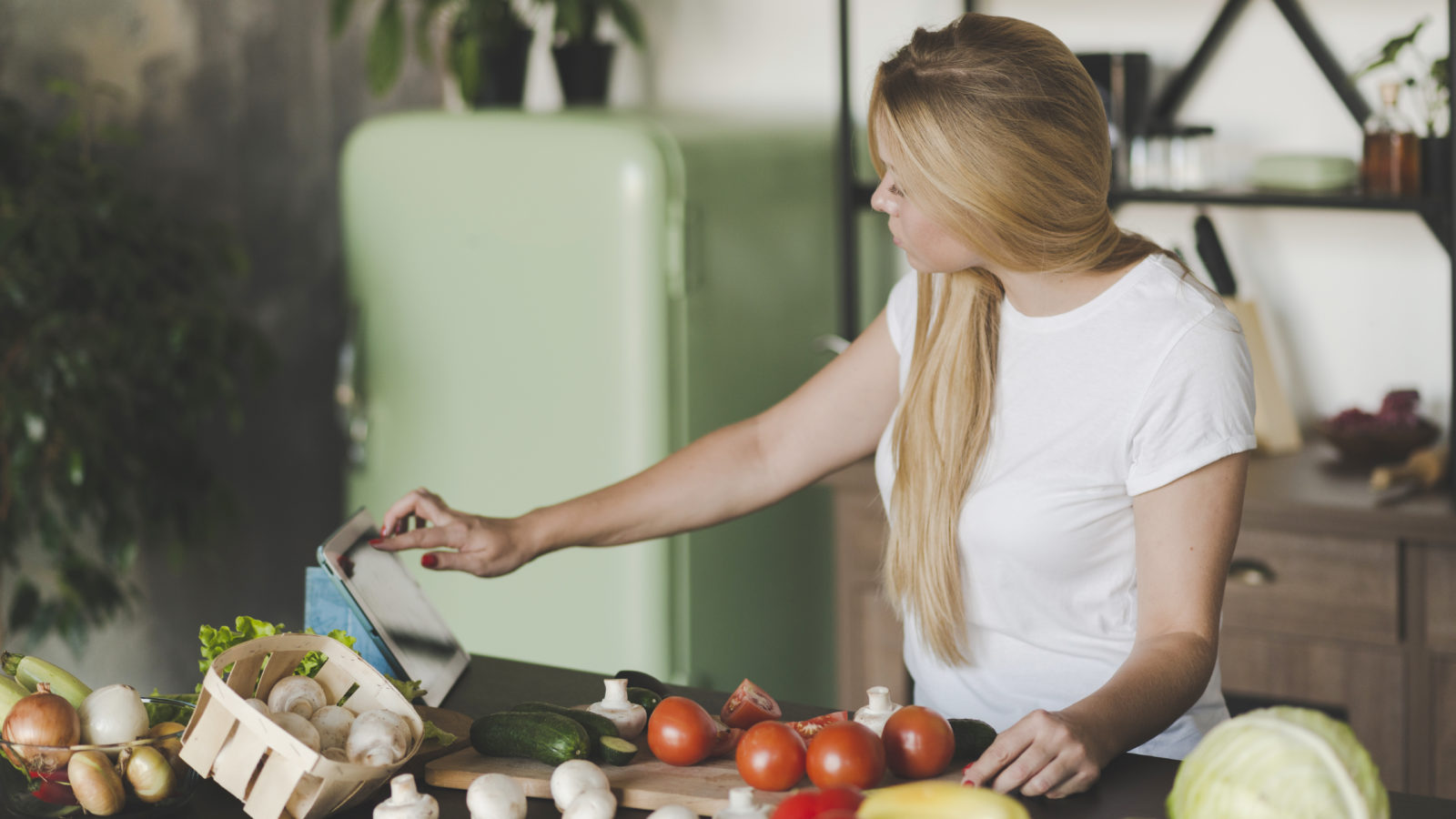In 1948, when the McDonald brothers coined the term ‘fast food’, they triggered the start of an unimaginable era. A glance inside the kitchen gave you a look into the minds behind the global empire. From the hamburger slides to mustard guns, every inch of the kitchen was designed to produce 75 burgers per second.
Since then, we seem to have become obsessed with speed. Especially in the food industry.
In order to survive in today’s world, food must be produced rapidly, processed rapidly and also served rapidly. Nowadays, a simple swipe of your finger brings food to your location. Although this may be a win for businesses, it does pose a concern when considering how we treat our bodies. Our daily nutrition has taken a beating, not because we don’t care but because we’re engrossed in the culture of speed.
In the last decade, we have witnessed the detrimental effects of technology. The combination of speed and perfection has resulted in an unprecedented increase in social anxiety, depression and cyber bullying.
Both, men and women, young and old across the world struggle daily with accepting themselves. We continuously question how good we are at living life and working to the fullest.
Technology and what we eat
This trend can also be applied to what we eat. We ran a short survey which evaluated the average time spent on eating per day. The objective was to gain a deeper understanding into how valuable ‘eating’ is?
Would it compete with our average internet browsing time of four hours? Probably not. Nonetheless, the results were intriguing.
- Apart from a few participants who took a full 60 minutes to consume a meal, 80 per cent of participants tool an average of 18 minutes to complete a meal. Out of which, breakfast was the meal that received the maximum time. If you had envisioned an idyllic relaxed breakfast, complete with newspapers, coffee and brief moments of introspection, you couldn’t have been more wrong.
- A deeper examination revealed that the time spent per meal was associated with digital browsing. This could either be catching up on Netflix, a bursting e-mail inbox or endless scrolling on social media (the latter was the biggest culprit, of course).
While the data highlighted what many already knew, it did show one crucial nugget. That the pace of our lives, even our personal downtime, our rituals, our intimacy are all controlled by an invisible force. A force we are enslaved to. It seems odd that we cannot even enjoy a meal without the need to check Instagram, Facebook, Whatsapp and e-mail all in the matter of 18 minutes.
In her book ‘The Rituals of Dinner’, Margaret Visser questions whether ‘communal dining is too slow for the modern world? She explores the evolution of dining etiquette throughout history and defines the eating ritual as ‘an expression of solidarity’. Many would argue that today’s perception of ‘togetherness’ has undergone a complete transformation.
Go with the slow
Despite that, many cultures around the world pride themselves on their slow rituals. Take Italy for example, apart from being the home of the Slow Food Movement, Italians are known for their effortless outlook on life as well as their food.
A traditional Italian meal focuses on a few high quality ingredients to create an authentic flavour. It’s not about adding layers of flavour, it’s about letting the food speak for itself.
They also eat in the same way. For Italians, eating is a ritual, whether it’s enjoying your morning mocha or gathering with families after a long day, food is to be slowly devoured, not rushed. It’s no wonder that Italians live longer.
The celebrated Zen Master, Thich Nhat Hanh takes a visceral approach to eating. In his pocket book ‘How to Eat’, he draws upon the practice of cultivating mindfulness in everything that we do.
The act of simply admiring the food on your plate with gratitude, before rushing through the meal is a step towards slowness. His philosophy focuses on making time for the things that matter to you the most.
“The value of a meal is not determined by the amount of money we spend on it, but rather the effort that goes into growing, harvesting, distributing and cooking it.”
As unrealistic as this may seem, just taking a few breaths or giving a moment of gratitude before chowing down into our meal makes a world of difference. This action may not anchor consciously, but is most likely to leave a subconscious imprint.
How far is too far
If one has lead a life where they have been shown the value of slowing down, then it would be easier to commit to. The current generation is virtually bludgeoned for not being fast enough in all aspects of life. Although their minds may adapt quickly to new technological advancements than their predecessors, they’re only human. The human capacity to slow does exist, but this must be prioritised. Remember that a doctor will never prescribe a patient to speed up. Similarly, the focus should be on slowing down, resting and eating well.


